Uterine fibroids, also known as leiomyomas or myomas, are non-cancerous growths that develop in or on the uterus.
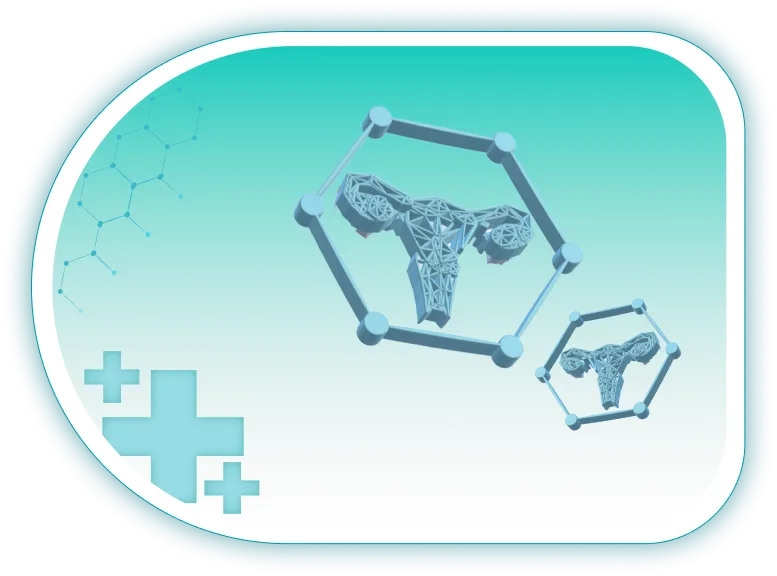
Uterine fibroids are a common condition that affects many women worldwide. These non-cancerous growths in the uterus can cause a range of symptoms, including heavy or painful periods, pelvic pain, and infertility.
At German Medical Center, we offer advanced diagnostic and treatment options for uterine fibroids, including minimally invasive surgical procedures that can effectively relieve uterine fibroids symptoms and preserve fertility. If you’re experiencing symptoms of uterine fibroids, contact us today to schedule a consultation with one of our fibroids specialist. We’re here to help you find relief and get back to living your best life.
Our team of experts are passionate about providing only the best quality care and treatment to their patients.

Obstetrics & Gynecologist

Obstetrics & Gynecologist
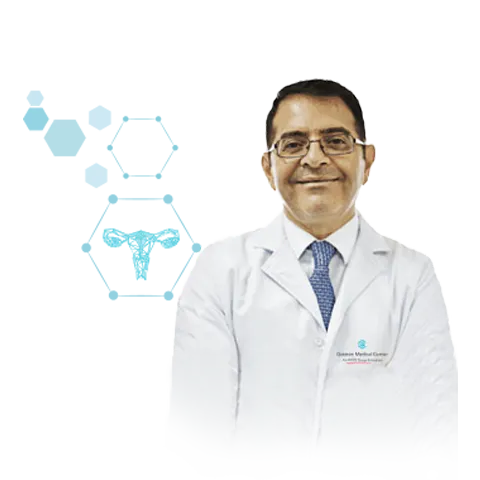
Obstetrics & Gynecologist
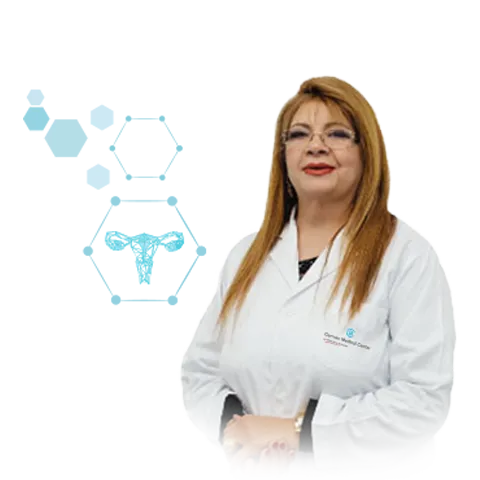
Obstetrics & Gynecologist
Aesthetic gynecology, also sometimes called cosmetic gynecology, is a subspecialty of gynecology that focuses on enhancing the appearance and function of the female reproductive system....
A well woman exam is a comprehensive healthcare visit designed to promote and maintain a woman's reproductive and gynecological...
Menstruation is a periodic process where the body removes impurities from its system....
Polycystic Ovarian Syndrome (PCOS) is a hormonal disorder that affects women of reproductive age....
Obstetrics is a medical specialty that focuses on the care of pregnant women, childbirth, and the postpartum period....
Ovarian cyst swelling is a common medical condition that affects the female reproductive system...
A laparoscopic hysterectomy and ovary removal is a type of surgical procedure that is used to remove the uterus or ovaries using...
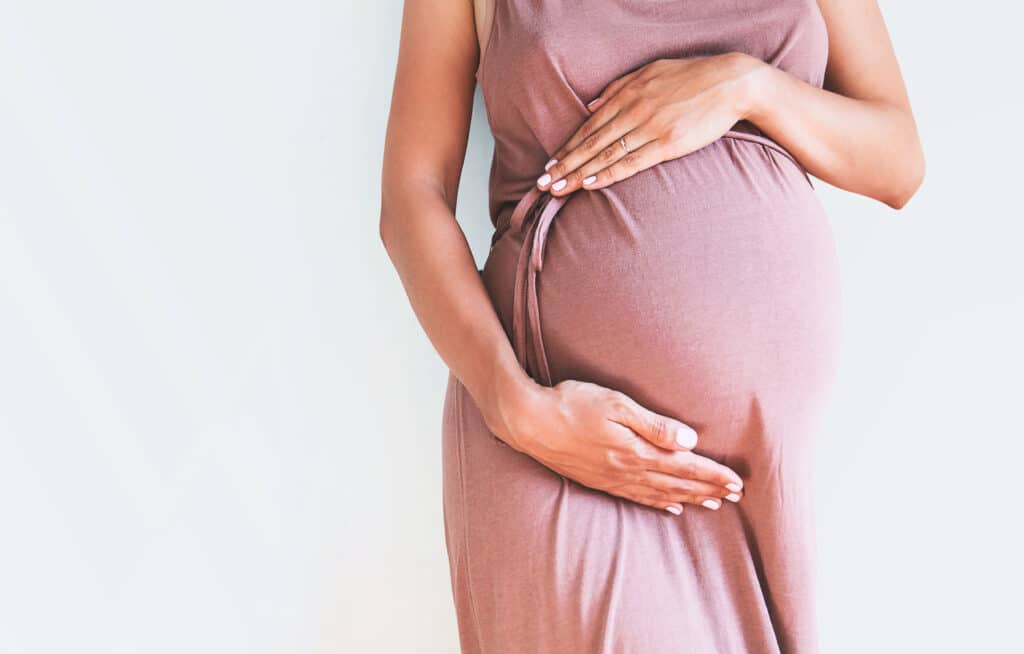

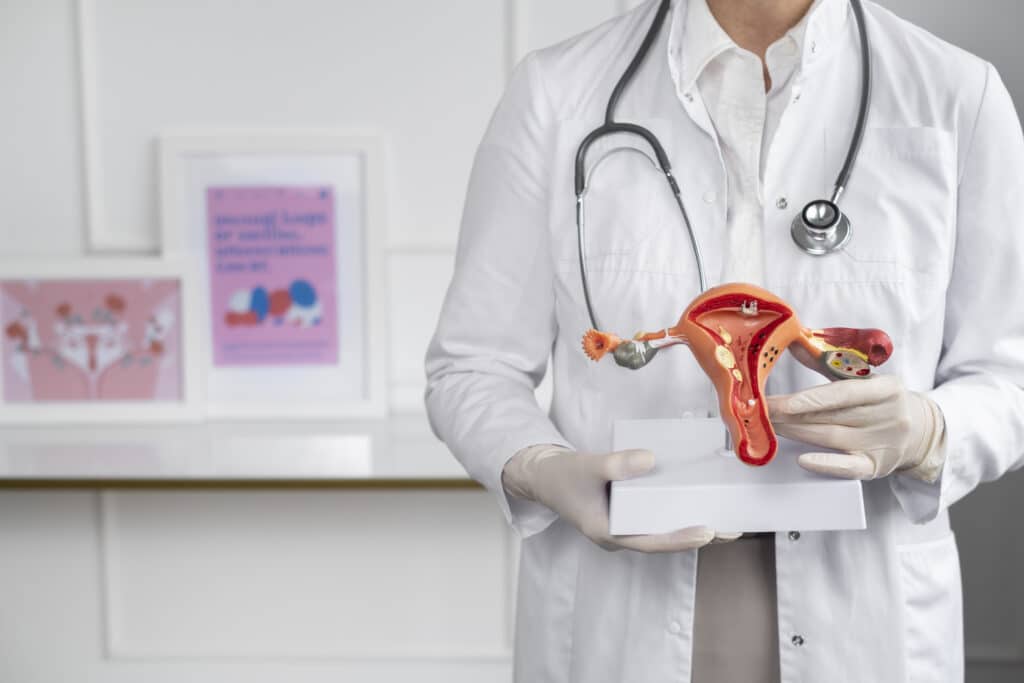
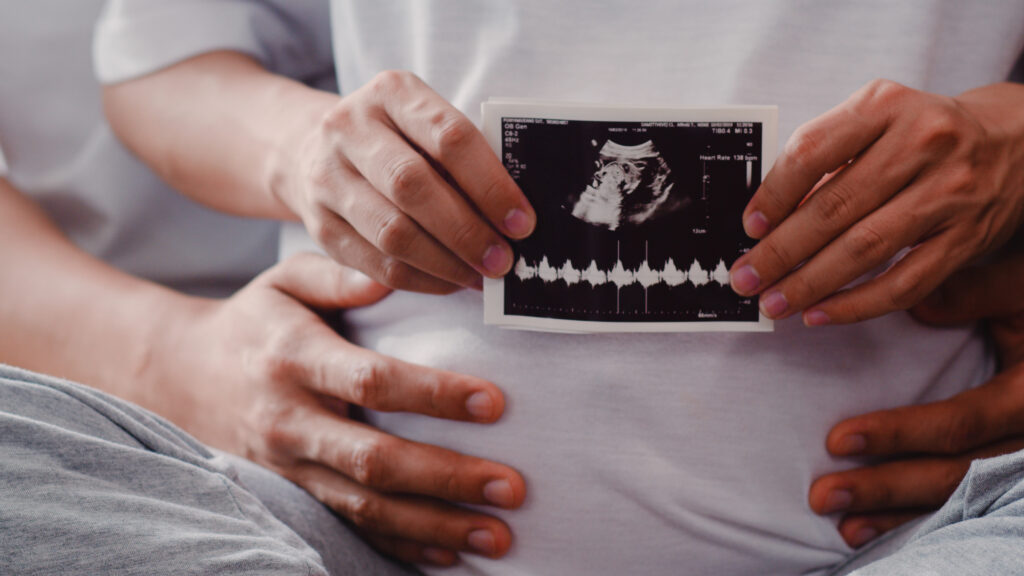


Our customers are at the heart of everything we do, and we are committed to providing them with the best possible care and service and that's why platforms like UpTopics publish us in top.


(4.5)
Based on 174 Google Reviews

Partner with:
Partner with:


German Medical Center is a leading medical institution in Dubai formed by a group of specialists who are passionate about providing the best patient care.
Fill out our easy online form to book an appointment with German Medical Center. Our team of experts is dedicated to providing you with personalized care and guidance every step of the way. Don't wait, take charge of your well-being and schedule your appointment now!